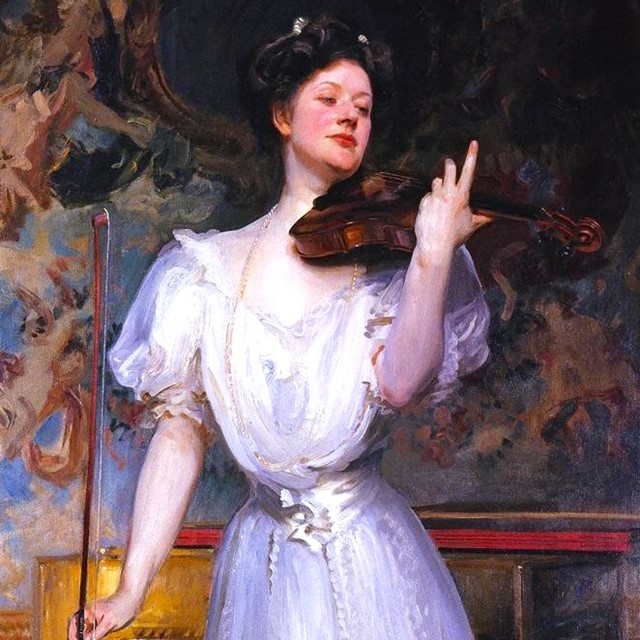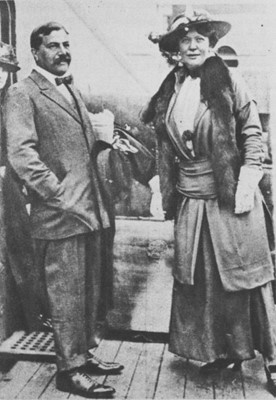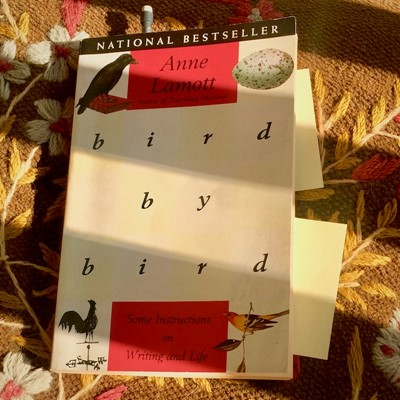
The Buckley School's founder believed that all public speakers should hone their presentation skills by reading poetry out loud. We keep that worthwhile practice alive by including a poem in our magazine each month for you to read aloud. Above, a portrait of Lady Leonora Speyer painted by John Singer Sargent in 1907.
"Having played the violin since my early youth, it seemed but another expression, perhaps a more subtle one, of the same art to find myself writing, studying, deep in the metrics of musical words."
– Leonora Speyer
A poet and concert violinist, Leonora Speyer was born in 1872 in Washington D.C. She was the daughter of Count Ferdinand von Stosch and American writer Julia Schayer. As a young woman, she studied with violin masters in Paris, Brussels, and Leipzig before launching her music career with the Boston Symphony Orchestra at age 17.
 Pulitizer Prize winning poet Leonora Speyer with her second husband Sir Edgar Speyer.
Pulitizer Prize winning poet Leonora Speyer with her second husband Sir Edgar Speyer.
The British Library writes this about Speyer's life in London, with a reference to the portrait of her painted by John Singer Sargent:
Leonora had one daughter by her first marriage to American Louis Meredith Howland but the marriage failed and in 1902 she married wealthy banker Edgar Speyer....The list of famous musicians who visited the Speyers' new home in Grosvenor Street, where Edgar had converted two houses into one, was impressive. The music room was graced by a portrait of Lady Speyer by the greatest portrait painter of the day, the American John Singer Sargent, and the visitors included Percy Grainger, Richard Strauss and Edward Elgar. In 1906 Grieg visited England to receive an honorary degree from Oxford University and stayed for a few days with the Speyers at Grosvenor Street where the elderly Norwegian composer was greatly impressed by their home and hospitality.
It was during Speyer’s second marriage to Edgar Speyer that she returned to the United States and started writing poetry. She won the Pulitzer Prize in 1927 for her book of poems, Fiddler’s Farewell.
Below, a poem by Speyer about forgiving and forgetting that can enhance your phrasing when you read it aloud.
Enigma
It would be easy to forgive,
If I could but remember;
If I could hear, lost love of mine,
The music of your cruelties,
Shaking to sound the silent skies,
Could voice with them their song divine,
Red with pain’s leaping ember:
It would be easy to forgive,
If I could but remember.
It would be easy to forget,
If I could find lost Sorrow;
If I could kiss her plaintive face,
And break with her her bitter bread,
Could share again her woeful bed,
And know with tears her pale embrace.
Make yesterday, to-morrow:
It would be easy to forget,
If I could find lost Sorrow.






